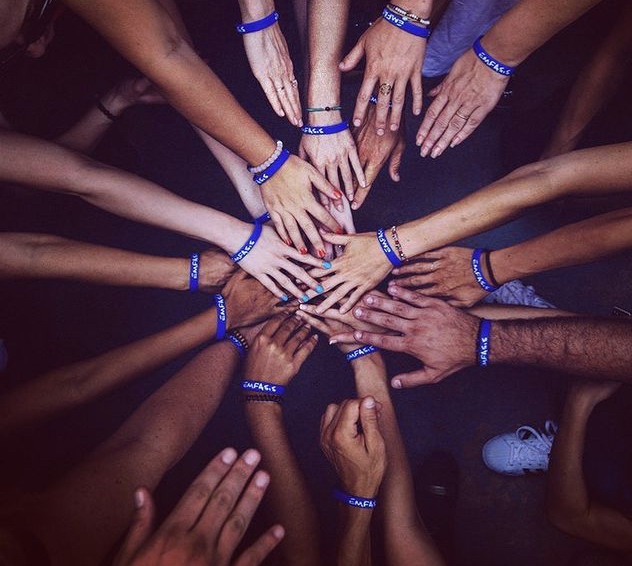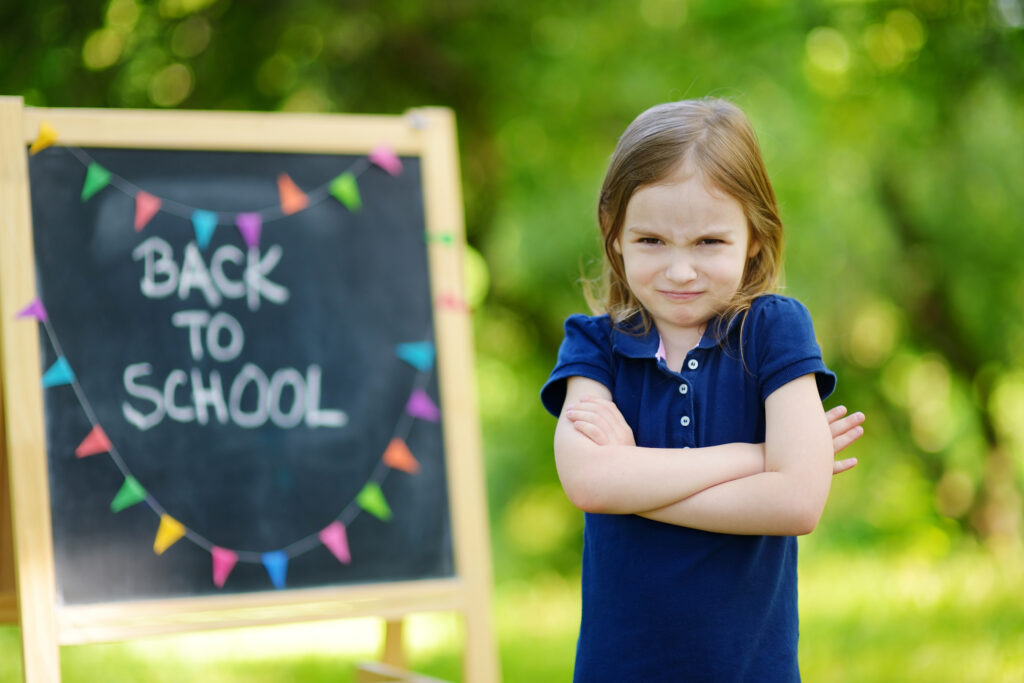
It’s really difficult to be patient. Anyone who is a parent knows that parenting is hard and yet parenting is an incredible experience too! Through parenting, we experience our own self-growth. As one friend said to me, “Sharon, I thought that when I had grown out of the teenage years, that that difficult time of my life was over, but now that my daughter is a teenager, I’m going through it all, all over again! My emotions are all over the place and I’m feeling out of control!” Isn’t this true? Parenting brings all our unconscious issues to the surface.
How Can I Be More Patient and Have More Self-Control?
When I explain the words “conscious” and “unconscious” to children I work with, they have sometimes heard of these words. They think of conscious meaning awake and unconscious meaning knocked out – kind of in a sleep state. I then explain that our mind is like this. We have conscious thoughts and memories and we have unconscious thoughts and memories, that are sleeping inside of us.
When we get triggered, it is as though the unconscious thought/memory has suddenly been woken up! Our first response is usually to react with a burst of impatience, a sudden explosion or any other kind of impulsive reaction!
However, if we can catch it (the trigger) and recognize that this sudden burst of impatience or sudden need to explode is an unconscious memory being woken up, we can choose to just notice…
We can choose to count to 10 or take some deep breaths, walk away or just observe our thoughts. We don’t have to react in the moment – we can make a different choice.
As the famous Austrian neurologist, psychiatrist and Holocaust survivor so wisely said:
“Between stimulus and response there is a space.
In that space is our power to choose our response.
In our response lies our growth and our freedom.”
~ Viktor E. Frankl
To be able to survive such trauma as the Holocaust, come out of the concentration camp alive, lose all your loved ones in the Holocaust, and then live to be 92 years old, Viktor Frankl was clearly able to practice what he preached and choose his response to the atrocities surrounding him. I think he must have been an incredibly wise and patient man.
Why Do People React or Respond Differently to The Same Situations?
The reason we can all have such different responses to the same situation, is that …
Our thoughts create our feelings and our feelings create our actions.
If our child gets in the car after school and starts kicking the back of our seat, as we’re driving, we might…
- Think this is completely disrespectful and outrageous behaviour (Thoughts)
- Feel very angry (Feelings)
- Yell at him/her and teach him/her lesson (Actions)
or…
- Think this is highly unusual behaviour for my child, he/she seems really upset, I wonder what could have happened at school today (Thoughts)
- Feel compassion and concern (Feelings)
- Validate his/her feelings, let him/her know that I can see it’s been a really tough day and see if I can connect with him/her and hear about this difficult day (Actions)
The same situation can be seen in two completely different ways, which will result in two completely different outcomes…
In the first scenario, after being yelled at, your child may decide that you’re not a safe parent with whom to share his/her problems and therefore stuff everything inside, and you may never hear about what actually happened.
Whereas, in the second scenario, you maintain the connection, remain patient, and create the safety and environment of understanding so that your child feels comfortable opening up and being vulnerable with you.
* (At a later point, you may debrief about the behavioural piece and discuss other options than kicking your seat, but when your child is young, these are instinctive reactions, and we know as adults (with fully developed brains) how difficult it is to be self-regulated all the time.)
In the first scenario, the parent’s unconscious buttons were pushed and the reaction to yell took over.
In the second scenario, the parent was able to pause, take deep breaths, find the space to recognize that his/her child was communicating a message of distress.
In previous generations, the goal of parenting was usually focussed on controlling a child’s misbehaviour and emotions. This is why so many adults continue to have such a difficult time with self-regulation as we see on road on a daily basis!
Nowadays, the goal of parenting is much more focussed on guiding our kids, being our child’s “life-coach” and helping our children move through their outward “misbehaviour” so they can express and share their inward emotions with us. This is how our children learn self-regulation so they can grow into patient and self-regulated adults.
Yes, we need to set limits when their outward misbehaviour is out of control, but we also need to find a way in. We need to reach their inner, vulnerable selves.
Take-action tips for the week:
- Notice when your unconscious memories get woken up and triggered and catch them before you react – take a few deep breaths!
- Use this pause, this space to put yourself in your child’s shoes – what is your child trying to communicate?
- Use a soft, calm voice and find a way-in. Dig deeper to find out what is really troubling your child.
- Pat yourself on the back for your own self-growth, for being patient, for holding onto your personal power by not losing your own self-control
- Create a 30 day calendar and check off each day that you remain in control, patient and calm. If you “lose it”, start again the next day and see if you can make it to 30 days of calm and patience.
“I believe that the best way to inspire a quality or even a habit in our kids is to cultivate it in ourselves.
This means that parenting is a constant journey of learning and growth,
of looking outward, toward my children,
to see the areas in which I need to work at improving in myself.“
~ Hannah Guari Ma
Happy self-growth journey,
Warmly,

PS. Like what you’re reading? Sign-up here to receive weekly parenting tips and/or head over to my Facebook page to follow and share your “like”. Thank you – I really appreciate all “likes” 🙂 You may also like to read my article: Parenting from the Inside-Out, Recognizing One’s Triggers!
PPS. Registration is now open for my Summer “Brain Science” Camps to teach kids about anxiety and anxiety management strategies. Groups are for boys and girls ages 7-9 yrs. and 10-12 yrs. For more information and to register online, please click here.
PPPS. Looking for great summer camps… I can highly recommend Blueridge Chamber Music Festival for Intermediate musicians ages 13 yrs. + Registration deadline June 1st!!
and Camp Fircom, is the sleep-away camp on beautiful Gambier Island where I spent many summer weeks over the years. This year they’re also offering for the first time a Dads and Kids weekend camp! You can check them out at: www.fircom.ca
Want to Connect?
Subscribe now to receive free weekly parenting tips and inspiration.






